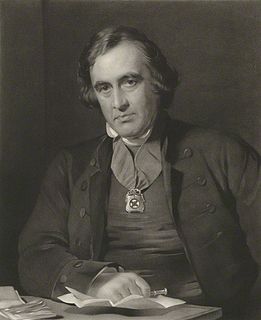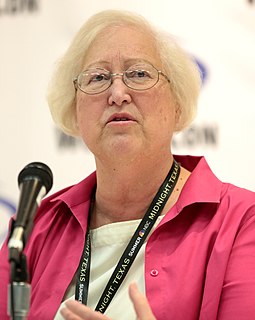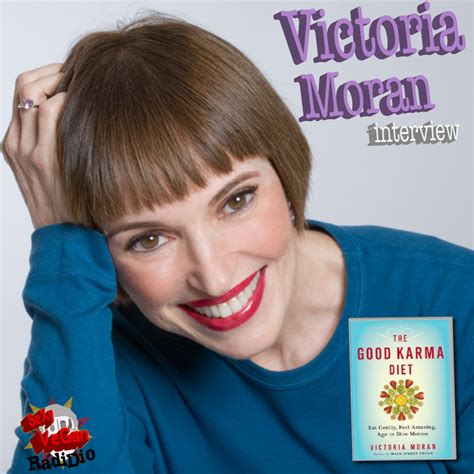A Quote by W. Somerset Maugham
Perhaps it would have been possible to see in him a new Prometheus...the hero who for the good of mankind exposes himself to the agonies of the damned...undaunted by failure, by an unceasing effort of courage holding despair at bay, doggedly persistent in the face of self-doubt, which is the artist's bitterest enemy.
Related Quotes
In those who rest on their unshakable faith, pharisaism and fanaticism are the unmistakable symptoms of doubt which has been repressed. Doubt is not overcome by repression but by courage. Courage does not deny that there is doubt, but it takes the doubt into itself as an expression of its own finitude and affirms the content of an ultimate concern. Courage does not need the safety of an unquestionable conviction. It includes the risk without which no creative life is possible.
It requires courage not to surrender oneself to the ingenious or compassionate counsels of despair that would induce a man to eliminate himself from the ranks of the living; but it does not follow from this that every huckster who is fattened and nourished in self-confidence has more courage than the man who yielded to despair.
"The best is oftentimes the enemy of the good;" and without claiming for an instant that title of good for my book, I do not doubt that many a good book has remained unwritten, or, perhaps, being written, has remained unpublished, because there floated before the mind's eye of the author, or possible author, the ideal of a better or a best, which has put him out of all conceit with his good.
He thought that it was loneliness which he was trying to escape and not himself. But the street ran on: catlike, one place was the same as another to him. But in none of them could he be quiet. But the street ran on in its moods and phases, always empty: he might have seen himself as in numberless avatars, in silence, doomed with motion, driven by the courage of flagged and spurred despair; by the despair of courage whose opportunities had to be flagged and spurred.
What is courage? This courage will not be the opposite of despair. We shall often be faced with despair, as indeed every sensitive person has been during the last several decades in this country. Hence Kierkegaard and Nietzsche and Camus and Sartre have proclaimed that courage is not the absence of despair; it is, rather, the capacity to move ahead in spite of despair.
Everything that we see in our daily lives is more or less distorted by acquired habits and this is perhaps more evident in an age like ours when cinema posters and magazines present us every day with a flood of ready-made images which are to the eye what prejudices are to the mind. The effort to see things without distortion demands a kind of courage; and this courage is essential to the artist, who has to look at everything as though he were seeing it for the first time.
Look at Charlie Brown's face. Would you please hold still a minute Charlie Brown? I want Linus to study your face. Now this is what you call a failure face, Linus. Notice how it has failure written all over it. Study it carefully Linus. You rarely see such a good example. Notice the deep lines, the dull vacant look in the eyes. Yes, I would say this is one of the finest examples of a failure face that your liable to see for a long while.
Do not be too quick to assume your enemy is a savage just because he is your enemy. Perhaps he is your enemy because he thinks you are a savage. Or perhaps he is afraid of you because he feels that you are afraid of him. And perhaps if he believed you are capable of loving him he would no longer be your enemy.
There was a warmth of fury in his last phrases. He meant she loved him more than he her. Perhaps he could not love her. Perhaps she had not in herself that which he wanted. It was the deepest motive of her soul, this self-mistrust. It was so deep she dared neither realise nor acknowledge. Perhaps she was deficient. Like an infinitely subtle shame, it kept her always back. If it were so, she would do without him. She would never let herself want him. She would merely see.
To disguise nothing, to conceal nothing, to write about those things that are closest to our pain, our happiness; to write about our sexual clumsiness, the agonies of Tantalus, the depth of our discouragement-what we glimpse in our dreams-our despair. To write about the foolish agonies of anxiety, the refreshment of our strength when these are ended; to write about our painful search for self, jeopardized by a stranger in the post office, a half-seen face in a train window, to write about the continents and populations of our dreams, about love and death, good and evil, the end of the world.







































